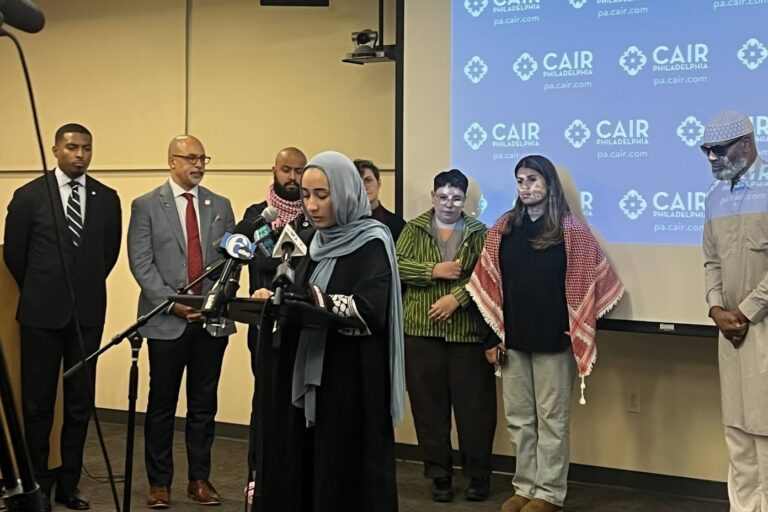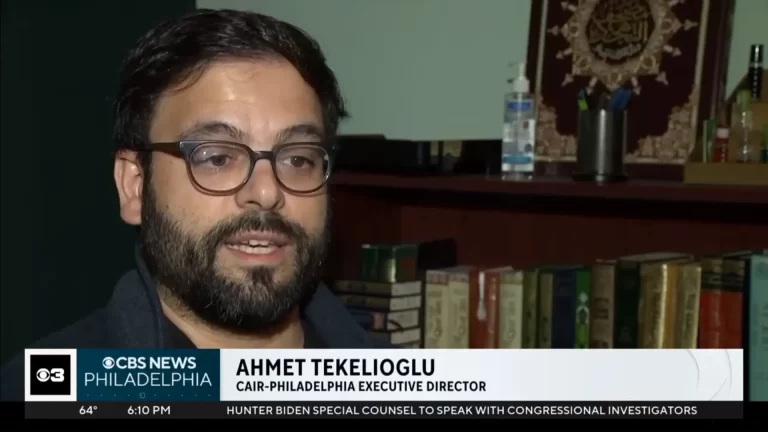![]()
by Hilary Bentman
PhillyBurbs.com
In the 1970s, Mohammed Husain left his native India and moved to the United States.
For the past two decades, he has made his home in Morrisville.
There, the 66-year-old Muslim is involved in the community and is a member of the Zubaida Foundation, a Lower Makefield-based nonprofit organization that holds Islamic prayers, educational programs, social activities and interfaith dialogues.
“I am well respected where I am and where I work,” said Husain, a now-retired New Jersey state employee.
Luckily for Husain, his life did not change drastically after the Sept. 11 terrorist attacks.
Many Muslim Americans have not been so fortunate in the decade since the terrorist attacks.
They have reported being victims of Islamophobia, the irrational fear or hatred of Muslims. They feel singled out by the general public or the government’s anti-terrorism efforts.
“You hear stories,” said Husain, who notes that while friends, neighbors and colleagues have treated him no differently, he has felt self-conscious since the attacks.
His name alone was enough to raise eyebrows, though he is quick to remind people that “Mohammed” is one of the most popular names in the world. His last name certainly carried negative connotations, but that issue has been mitigated “since (people) know (President) Obama has the same middle name.”
One-quarter of Muslim Americans say they have been victims of discrimination in the United States, according to a 2007 Pew Center nationwide survey of 1,050 Muslim adults in this country. An estimated 2.35 million Muslims live in America. Exact numbers are unclear because religion is not tracked by the census.
The Philadelphia chapter of the Council on American-Islamic Relations has fielded calls from Muslims in the Delaware Valley who reported they’ve been victimized. Many reported incidents involve hiring practices and workplace issues.
With the poor economy and heightened competition for jobs, having the name Muhammad or Fatima can be a real disadvantage, said Rugiatu Conteh, outreach and communications director for CAIR in Philadelphia.
Conteh, of Liberian heritage, believes her choice to wear the hijab, or traditional head scarf, may have cost her a job or two.
“I do know people who take it off for jobs,” she said.
Some workplace issues can be resolved through educating employers, said Conteh. But she believes, “there is more discrimination now than immediately following 9/11.”
She points to several factors in recent years, including the controversy surrounding the Park51 Muslim community center in New York, commonly called the ground zero mosque. Discrimination may also stem from the fear of some politicians, or would-be politicians, that Shariah (Islamic religious law) could someday be consulted in American judicial procedures.
“Ten years on, Americans are not any more aware of Islam than before. But negative attitudes toward Islam have increased,” said Vincent Cornell, a professor of Middle East and Islamic studies at Emory University in Atlanta.
Immediately after Sept. 11, there was a desire to learn more about Islam, he said, but from six months after the attacks through now, the focus has been on promoting American values and security.
“In the present political climate, Islam is used as a sort of political tool to create support among sectors of the population who are afraid of foreigners,” he said. “Profiling is more prevalent now. It’s a more acceptable security technique.”
Cornell does not expect American sentiment to change in the short-term.
“If we get a handle on terrorist attacks, it will probably be another 20 to 25 years until Muslims are fully accepted in America,” he said.
But it’s not just Americans who have to come around, Cornell said, Muslims also have to “make peace with Americans.”





